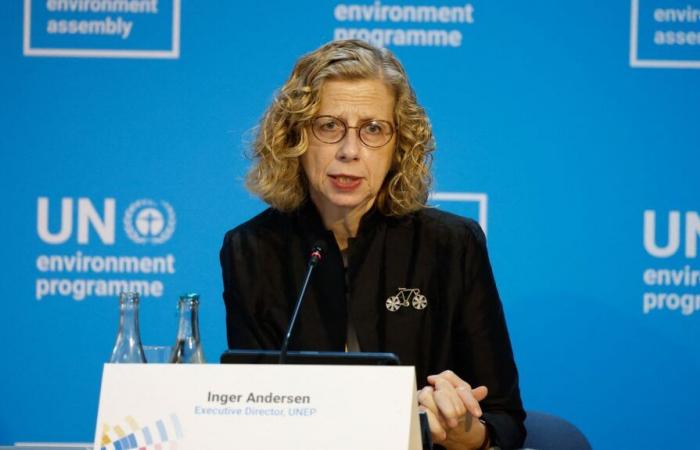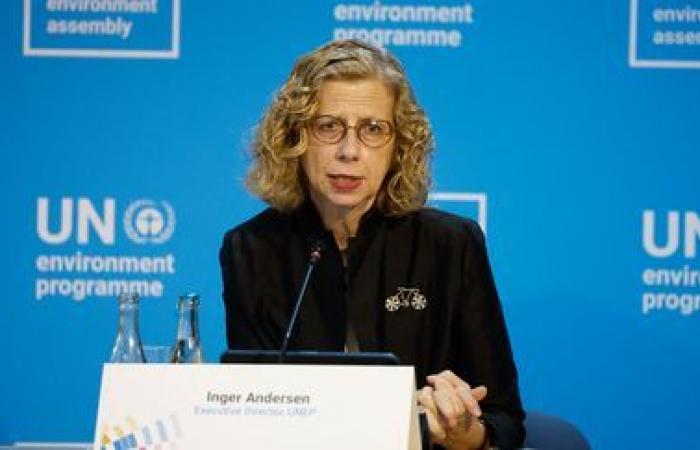According to the document, published less than a month before COP29, emissions reduction policies implemented by countries would lead to “catastrophic” warming of 3.1°C over the century.
Published on 24/10/2024 20:14
Updated on 24/10/2024 20:31
Reading time: 2min

“Unsurprisingly, we are completely off the charts,” lamented climatologist Christophe Cassou on X. According to a report published Thursday October 24, climate action by States must make a “leap forward” in the coming months, otherwise the hope of keeping global warming to less than 1.5°C “will be dead soon”warns the UN, pointing out the absence of significant progress for a year. “We are playing with fire, but (…) there is no more time to lose”car “People all over the world are already paying a heavy price” for inaction in the face of global warming, launched UN Secretary General Antonio Guterres.
According to the new report from the United Nations Environment Program (UNEP), published less than a month before COP29 in Azerbaijan, the policies to reduce greenhouse gas emissions currently implemented by countries would cause warming “catastrophic” of 3.1°C over the century compared to the pre-industrial era. And even taking into account all the promises to do better, including those that developing countries have made conditional on obtaining financial or technological aid, global temperatures would rise by 2.6°C, with a series of consequences. “tipping points” irreversible: collapse of ice caps, uncontrollable rise of seas and amplification of extreme weather phenomena.
“We need global mobilization on a scale and pace never seen before, now, or the 1.5°C target will soon be dead”warned Inger Andersen, executive director of UNEP. To avoid exceeding this limit set by the Paris agreement, States must collectively commit to reducing their annual greenhouse gas emissions by 42% compared to 2019 by 2030, and by 57%. here 2035, estimates the UN.
Since the 19th century, the average temperature of the Earth warmed by 1.1°C. Scientists have established with certainty that this increase is due to human activities, which consume fossil fuels (coal, oil and gas). This warming, unprecedented in its speed, threatens the future of our societies and biodiversity. But solutions – renewable energies, sobriety, reduced meat consumption – exist. Discover our answers to your questions on the climate crisis.








